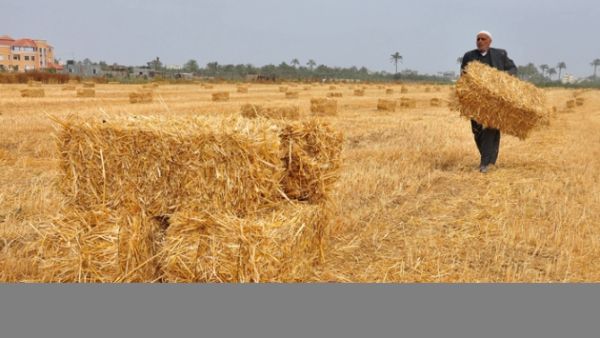The Syrian government does not expect to import wheat this year because domestic grain supplies will be boosted by heavy rainfall and wider control over farmland, a minister said.
Hassan Safiyeh, the internal trade and consumer protection minister, also told Reuters that a credit line extended by Iran to its Syrian ally had been unaffected by the collapse in world oil prices and fuel imports continued.
Safiyeh’s ministry oversees the provision of heavily subsidized foodstuffs and fuel to Syrians in areas of government control, making it a vital arm of the state in a country about mark four years of conflict. The state has lost control of oil fields and wide areas of agricultural land seized by insurgents during the conflict that has devastated the economy.
Sanctioned by the United States and some European governments that say President Bashar Assad should leave power, Damascus has received crucial backing from Iran and Russia.
Wide areas of the north and east – where much of Syria’s grain is grown and its oil is extracted – have been seized by the hard-line ISIS group.
Safiyeh said the state had won back farmland, and he expected a strong wheat harvest.
“We had acceptable output [last year], but this year output will be abundant, because this year the rains have been excellent, and the farmed lands are much wider. This year, there is no fear for wheat,” Safiyeh said.
Last year, the government imported wheat from “friendly states,” he said. “I expect that if the season is this good and this strong, God willing, in 2015 we will not need to import.”
He declined to give any figures for Syria’s wheat production or imports, saying these were strategically sensitive.
In the 2010/11 season – around the time the crisis began – Syria’s wheat production was estimated at 3.3-3.6 million tons, according to a U.S. Department of Agriculture report.








